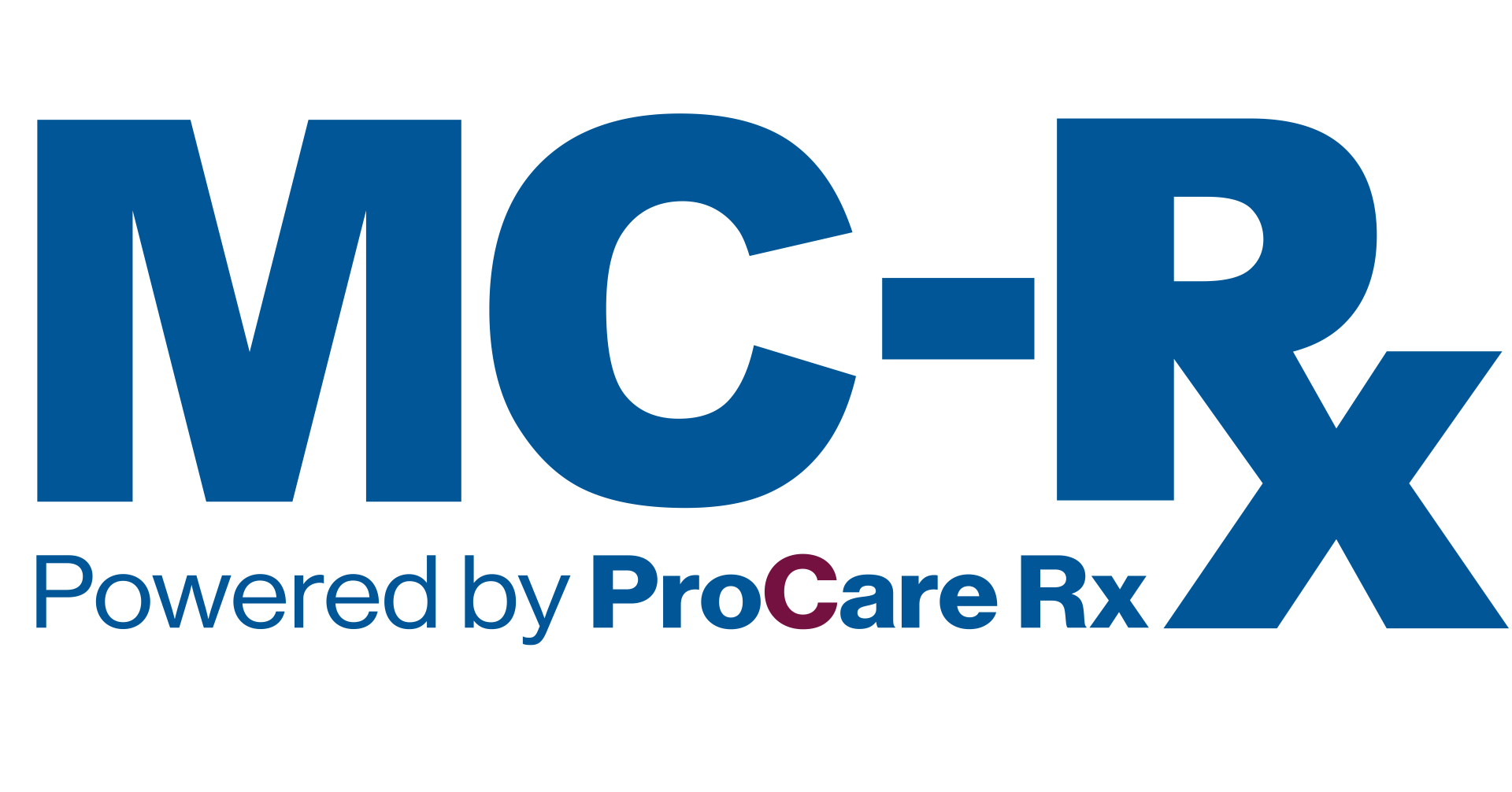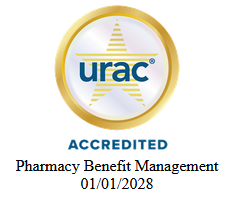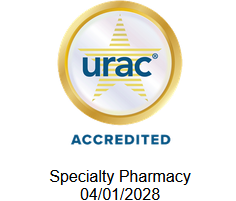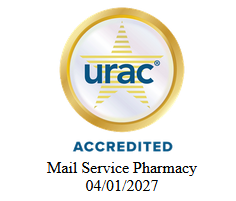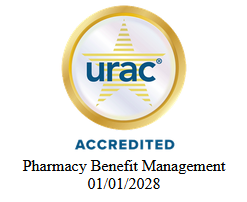Testing Covid 19 with OTC
Test is easy and important to help reduce the virus.
Testing is critically important to help reduce the spread of the virus that causes COVID-19. If you have symptoms or have had a known exposure to someone with suspected or confirmed COVID-19, you should be tested, regardless of your vaccination status. You may also consider self-testing to screen for COVID-19 immediately before an activity to see if you are positive for COVID-19.
• Self-tests can be taken anywhere, are easy to use, and produce rapid results.
• You can use self-tests regardless of vaccination status or presence of symptoms.
• A negative self-test result means that the test did not detect the virus and you may not be infected. Repeating the test within a few days, with at least 24 hours between tests, will increase the confidence that you are not infected.
• A positive self-test result means that the test detected the virus, and you are very likely to have an infection and should stay home or isolate for 10 days, wear a mask if you could have contact with others, and avoid indoor gatherings to reduce the risk of spreading disease to someone else.
Testing Covid 19 with OTC Test is easy and important to help reduce the virus
COVID-19 self-tests (also referred to as home tests or over-the-counter OTC tests) along with vaccination, masking, and physical distancing, protect you and others by reducing the chances of spreading COVID-19.
OTC COVID-19 Tests Emergency Use Authorization (EUA)
Key Points Generally, OTC COVID-19 Tests EUAs present the following intended use, storage, and stability information. For specific questions regarding the product that you are using, please refer to the product’s information printed on the box.
How to Use a Self-Test
Follow the manufacturer’s instructions exactly, and perform the steps in the order they are listed. The manufacturer may also provide other resources, such as quick reference guides or instructional videos, to help you perform the test correctly. Talk to a healthcare provider if you have questions about the test or your results. You can also refer to CDC’s videos on “How to Use a Self-Test” and “How to Interpret Self-Test Results”.
1. Store all test components according to the manufacturer’s instructions until they are ready for use.
2. Check the expiration date. Do not use expired tests or test components that are damaged or appear discolored.
3. Clean the counter top, table, or other surfaces where you will perform the test.
4. Open test devices or other test components ONLY when you are ready to start the testing process.
5. Have a timer ready because you will need to keep track of time to interpret test results. These tests are for individuals that present symptoms within the past 7 days, or individuals who are suspected to have COVID-19 with or without symptoms. These individuals should be tested twice over the course of three days, with no more than 48 hours between tests. Store kit between 35.6-86°F (2-30°C). Ensure all test components are at room temperature before use. Tests are generally stable until the expiration date marked on the outer packaging and containers. COVID-19 Antigen Self-Test
6. Read test results only at the time specified in the manufacturer’s instructions. A result read before or after the specified time frame may be incorrect.
7. Do NOT reuse test devices or other components. After you have the results, place the specimen collection swab or tube and test in the trash, clean all surfaces that the specimen may have touched, and wash your hands.
Interpretation of Results
No test is perfect. There is always a chance that a test will return a false result. Because of this, even if you receive a negative result, you should keep practicing preventive measures, such as distancing, washing hands, and wearing masks, to reduce the risk of spreading COVID-19. If you are sick, you should stay home and isolate yourself from others, even if you receive a negative test result. Talk with your health care provider to determine if you should be retested or for advice on managing your symptoms. MC-Rx will continue to monitor announcements for OTC COVID-19 Tests as new information becomes available. For more details, please refer to CDC’s Website.
References
https://www.cdc.gov/coronavirus/2019-ncov/testing/self-testing.html#how-test https://www.cdc.gov/coronavirus/2019-ncov/testing/self-testing.html https://www.fda.gov/medical-devices/coronavirus-disease-2019-covid-19-emergency-use authorizations-medical-devices/in-vitro-diagnostics-euas-antigen-diagnostic-tests-sars-cov https://www.cdc.gov/coronavirus/2019-ncov/testing/self-testing.html#how-test https://www.cdc.gov/coronavirus/2019-ncov/testing/self-testing.html#interpret



